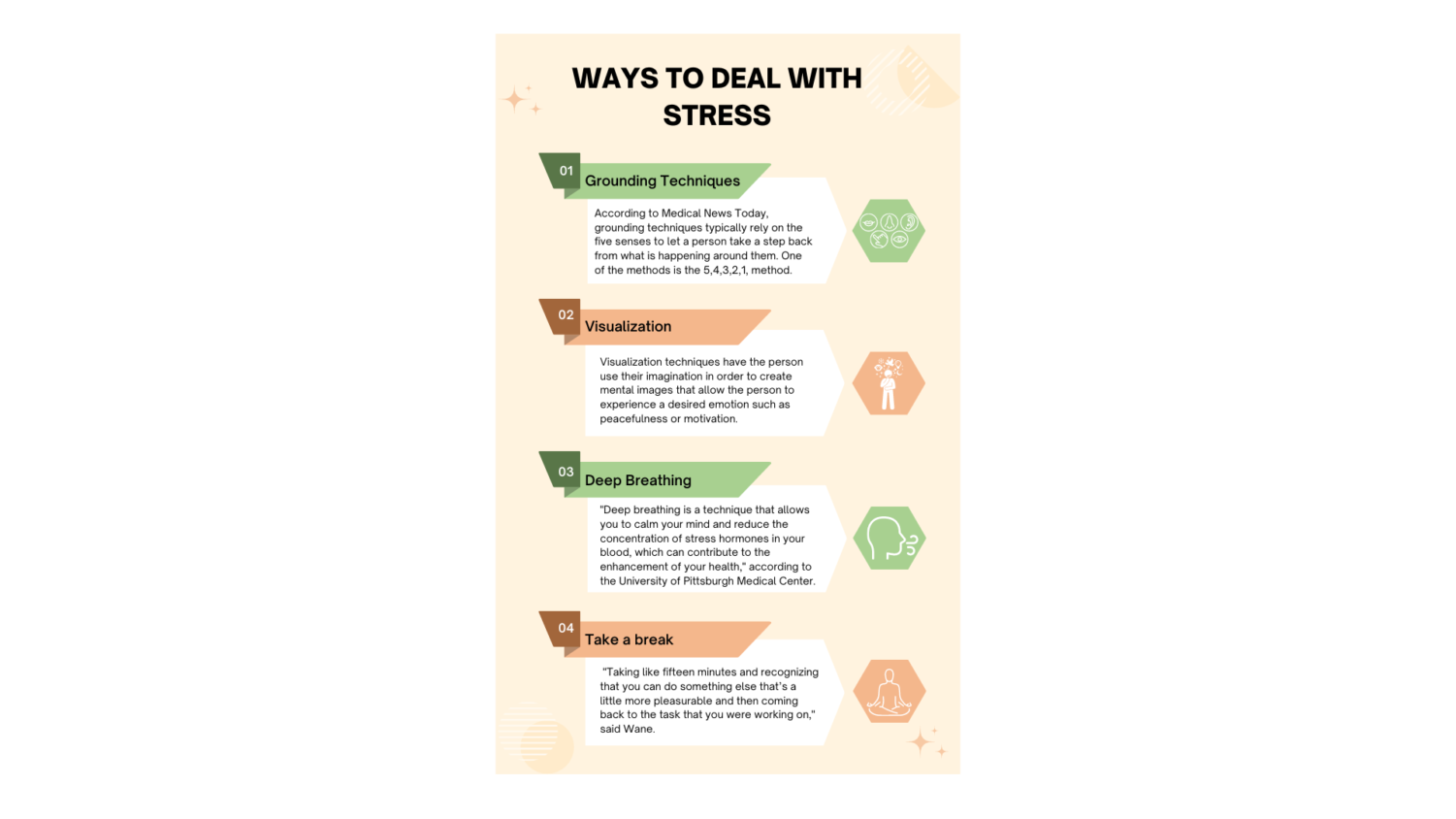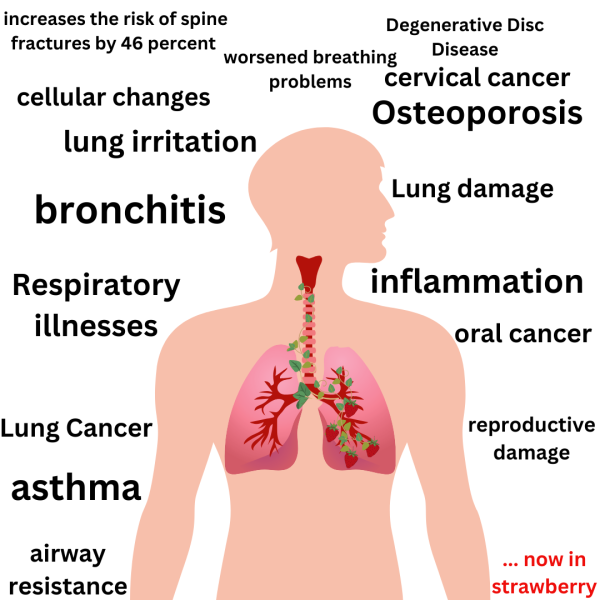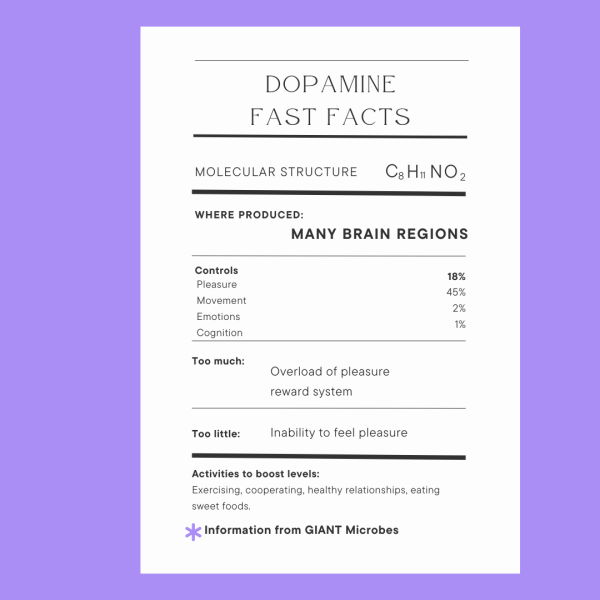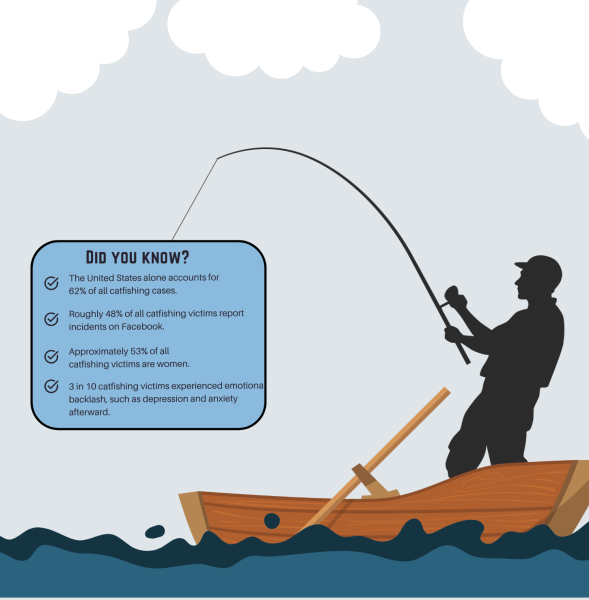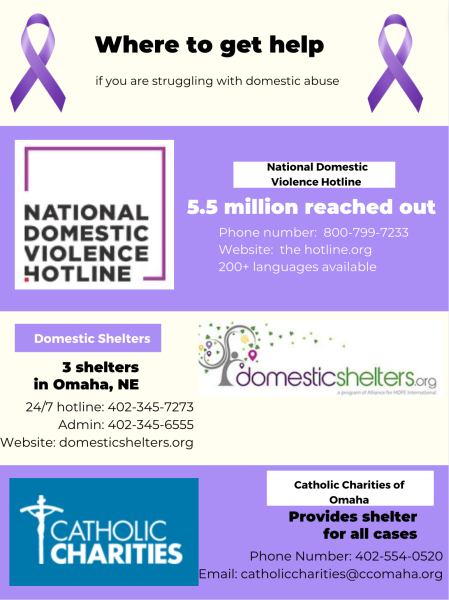April stress brings May success: April is Stress Awareness Month
April 26, 2023
Since 1992, April has been National Stress Awareness Month and is used to bring attention to the negative impacts of stress, as well as promote methods to manage and overcome stress.
According to the National Institutes of Health, “There is no single definition for stress, but the most common explanation is physical, mental, or emotional strain or tension.” Stress has become a more significant issue in recent years. According to a study done by the American Psychological Association, stress and mental health statistics in the US are getting worse year by year, a lot in part due to COVID and inflation.
“This has really been a challenge over the last three or so years since COVID-19 happened. I think there has just been a rise in stress levels for students and families alike, it certainly has brought a lot of attention to what stress is,” said Roxanne Wayne, the Omaha North High Methodist Community counselor and mental health therapist.
“I think more students are willing to engage in that discussion about it and figure out what are some ways that they can do or use to kind of help them reduce that,” she continued.
Stress is something everyone experiences and knowing how to combat it can lead to long-term benefits.
According to The American Institute of Stress, “Long-term stress can prove to be more than just a mental issue. From headaches to stomach disorders to depression – even very serious issues like stroke and heart disease can come as a result of stress.”
There are three main types of stress, acute, episodic acute, and chronic. Acute stress is caused by reactive thinking, is brief, and is the most common of the three. Episodic acute stress is caused by frequent triggers of stress or frequent acute stress. Finally, chronic stress is the result of long-term stressors and is also the most harmful.
No matter what type of stress is experienced, it is important to find coping mechanisms to deal with it. The first thing Wayne has students do when trying to manage stress is identity what is stressing them out. Then she makes a plan with them.
“Then, we talk about a plan of breaking it down. What are you willing to do to sort of help alleviate that stress, what are the strategies that are most helpful to them because they do look different for each person. So, we’ve got to figure out what’s something that they’re going to use and something that they find helpful,” said Wayne.
Wayne outlined many healthy ways to deal with stress. Wayne said she encourages students to try things such as deep breathing, grounding techniques, visualization, and “the common ones like counting, using a lot of fidgets, and taking brain breaks,” to combat stress.
Dealing with stress looks different for everyone. For Wayne, it has to do with her hobbies.
“A lot of times it really helps to just find things that I enjoy personally, that have nothing to do with work, typically it has to do with my interests of watching sports or cooking or doing DIY things at home. Just things that I can do to really kind of motivate myself to keep going and do the work that I do,” said Wayne.
Utilizing resources and knowing techniques that reduce stress are important for maintaining healthy physical and mental health.
